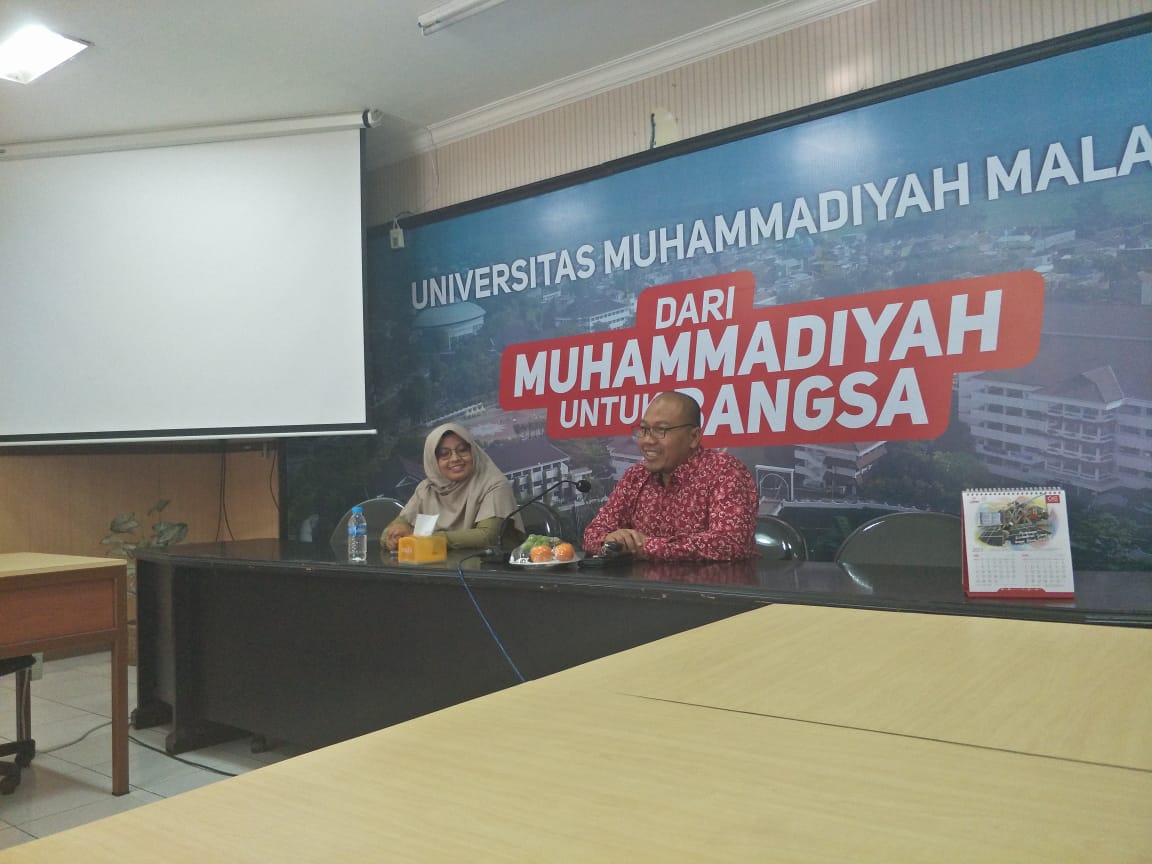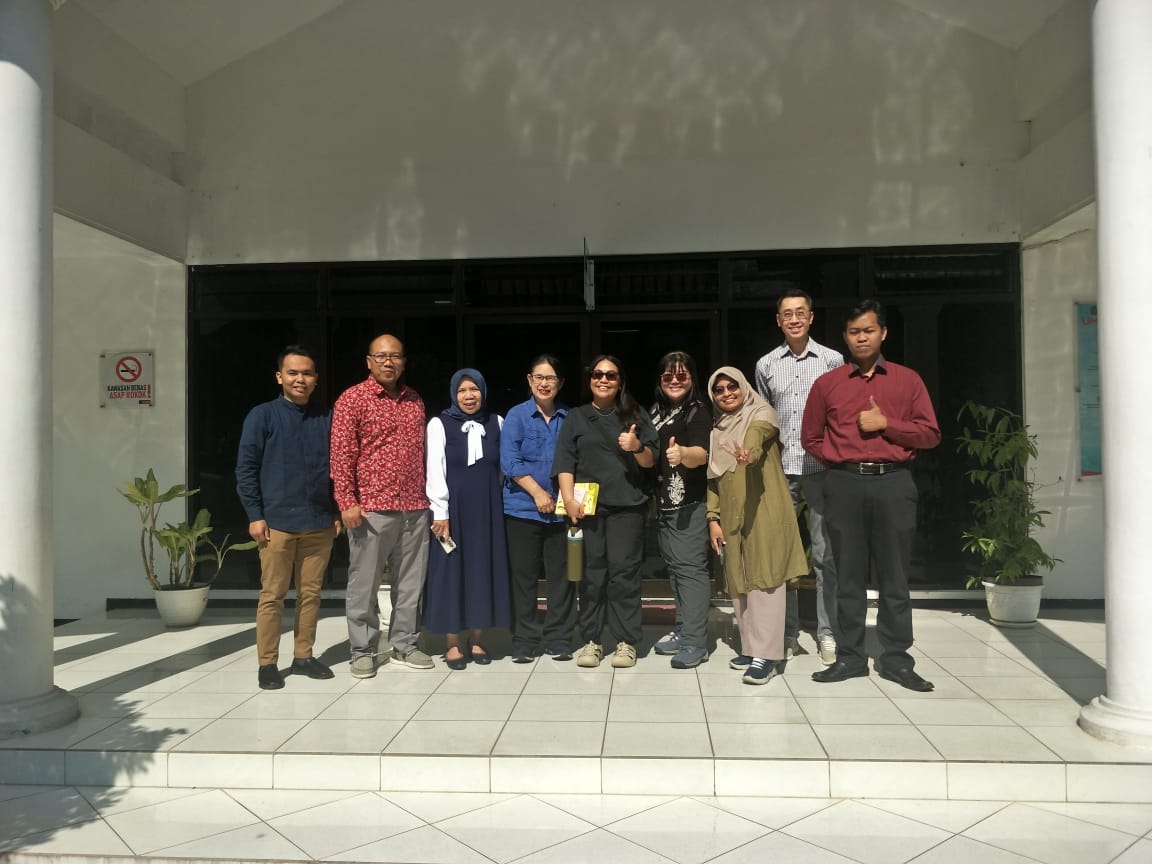
University of Muhammadiyah Malang (UMM) and Singapore Polytechnic (SP) (19/06/2024) have several interesting collaborations, namely the Singapore Polytechnic Student Program to the Village.
UMM and SP have held a Cultural Exchange Party program, where students from both institutions will share knowledge about the culture (Singapore and Indonesia). This program aims to expand the network and increase awareness of the differences and similarities between Singapore and Indonesia.
The representative of SP, said that the purpose of this collaboration is to get to know the character of the villagers and the potential that can be developed. In the Learning Express (LeX) program, UMM and SP have worked together to conduct research and prototype development to solve problems faced by Small and Medium Enterprises (SME) in the village. This program aims to increase the efficiency of SME work and develop the potential of the village.
Vice-Rector IV, Salis Yuniardi, M.Psi. PhD, Conveying to SP Representatives that UMM has an International Submit program, including a collaboration program with SP. This program aims to increase the awareness and ability of students in interacting with other cultures and developing international networks.
University of Muhammadiyah Malang (UMM) chooses the villages that will be visited by Singapore Polytechnic students through the Learning Express (LeX) program. Here are some ways that UMM uses:
1. 1.Potential Village Selection
UMM chooses villages that have the potential to be developed, such as villages that have SME and need innovation to increase work efficiency. For example, Junrejo village in Batu has an SME that manufactures wooden kitchen utensils that needs improvement in the production process.
2. 2. Cooperation with UKM Owners
UMM collaborates with SME owners in the village to understand the problems faced and the potential that can be developed. For example, UMM collaborates with UKM owners.
3. 3. Prototype Research and Development
During the LeX program, UMM and Singapore Polytechnic students conduct research and prototype development to solve problems faced by SMEs in the village. They use the "Thinking Design" module which contains 5 steps, namely sense and sensitivity, empathy study, define, ideation, prototyping, and co-creation, to develop solutions that suit the needs of SMEs.
